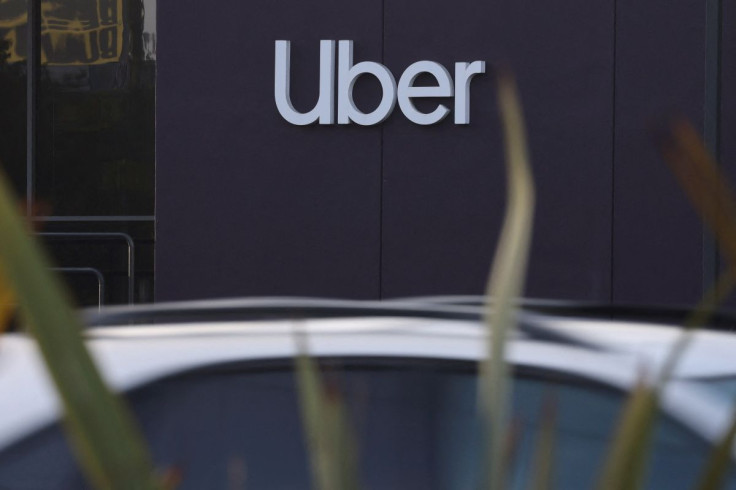Uber Need Not Provide Wheelchair Access Everywhere, U.S. Judge Rules

A U.S. judge said Uber Technologies Inc did not violate a federal law protecting people with disabilities by not offering wheelchair-accessible vehicles in every market the ride-sharing company serves.
In a decision on Monday, Chief Judge Richard Seeborg of the federal court in San Francisco ruled against two people from New Orleans and one from Jackson, Mississippi, who use electric wheelchairs and who contended that Uber's failure to provide rides in their home cities violated the Americans with Disabilities Act.
While rejecting Uber's claim that it was excused because it had done "more than its fair share" in other cities, Seeborg said it was "unreasonable" to require the San Francisco-based company to accommodate the plaintiffs because of the cost.
Uber estimated "bare minimum" annual costs of $800,000 in New Orleans, or about $400 per ride, and $550,000 in Jackson, or about $1,000 per ride, to team up with commercial providers of wheelchair-accessible vehicles.
Seeborg added that even if the money were spent, wheelchair users would likely face "significant" wait times, and gaps of eight to 14 hours a day when no rides would be available.
The judge ruled against the plaintiffs Scott Crawford from Jackson, and Stephan Namisnak and Francis Falls from New Orleans, after a three-day non-jury trial in January.
Lawyers for the plaintiffs had no immediate comment on Tuesday.
Crawford, in a statement, said Uber "made no sincere attempt to provide accessible service," and urged Mississippi's legislature to address the issue.
Uber said in a statement: "We welcome the outcome and are proud of our efforts to improve accessibility for all users."
In court papers, Uber said it spent more than $150 million from 2018 to 2020 to provide wheelchair-accessible vehicles in New York, Los Angeles, Chicago, Houston, Phoenix, Philadelphia, Austin, San Francisco, Washington, Boston and Portland, Oregon.
The combined population of New Orleans and Jackson is smaller than Portland's, the least populous of the 11 cities.
The cases are Crawford v Uber Technologies Inc et al, U.S. District Court, Northern District of California, No. 17-02664; and Namisnak et al v Uber Technologies Inc et al in the same city, No. 17-06124.
© Copyright Thomson Reuters {{Year}}. All rights reserved.





















